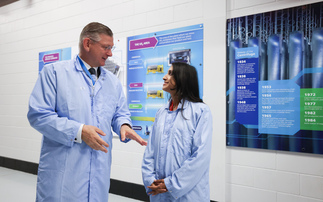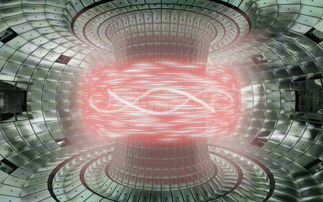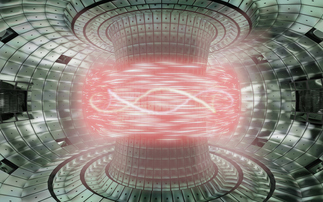My heart goes out to the brave technicians battling to prevent meltdown at the Fukushima nuclear plant complex in Japan. It is a unique concatenation of tragedies for Japan that on top of a devastating earthquake and tsunami, it faces the prospect of the sterilisation of a part of Hachirogata Island as a result of nuclear fallout - if the critical state of the nuclear cores in at least two of the reactors cannot be brought under control.
I thought Chris Huhne, in responding to questions about the disaster in DECC select committee on Tuesday, was measured and prudent. He has commissioned a report into UK nuclear safety from Dr Weightman, the chief nuclear inspector and pointed out that as far as earthquakes are concerned the worst suffered in the UK - off the Dogger Bank - was 130,000 times milder than the quake off Japan last week.
I take the point about the lack of wide parallels between highly exceptional circumstances in Japan and nuclear safety in the UK - and it is certainly true that, with hindsight, building so many reactors in Japan right on a major tectonic fault line made the unforeseen very foreseeable.
But... there are some parallels to the extent that all but one of the present UK reactors are built on sites that may be exposed to flooding in future years, especially if sea levels and anticyclone activities rise in the next decades as predicted. And since all the new sites pre-selected for future nuclear development are adjacent to those present operating plants, then flood defence and back-up systems need to be looked at. It was, after all, flooding that knocked out the back-up systems at Fukushima and prevented early action to shut plants down safely.
These latest events don't sway me from the view I've taken over a long period, which is that proposals to build new nuclear power are a choice, not a necessity. It has never been true, as some new-build zealots allege that the lights will go out if we don't commission a new generation of nuclear power immediately. They won't and the contribution nuclear power makes now or will make in the future to our overall energy requirements - electricity heat and transport - is tiny, and can be sourced for the future by other means.
I doubt Chris Huhne has resiled personally from this view, which I know he shared until the last election. He is, of course in a difficult position as a result of the coalition agreement - but perhaps the longer-term prudent position would be to order a wider review of the need for and the alternatives to, a future UK nuclear programme. That, on any fair-minded approach, would show that we really don't need nuclear in our future energy mix, and that we can do without. It might be wise for the future if we decided on that course.
This post first appeared on Alan's Energy Blog.
Dr Alan Whitehead is the Labour Member of Parliament for Southampton Test. He is a member of the House of Commons Energy and Climate Change Select Committee, as well as the Environmental Audit Select Committee, and has been on the Public Bill Committees for every major piece of UK energy and climate change legislation in recent years, including the Climate Change Act 2008. He is also chairman of a number of cross-party groups on these issues.







